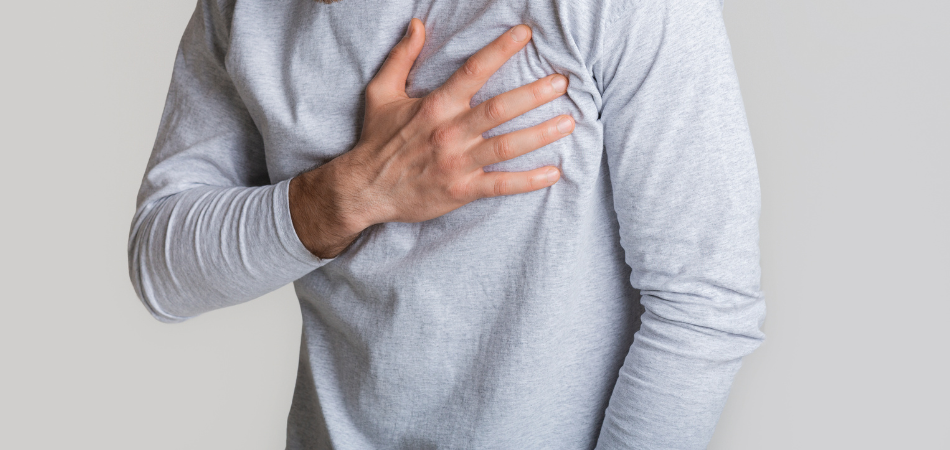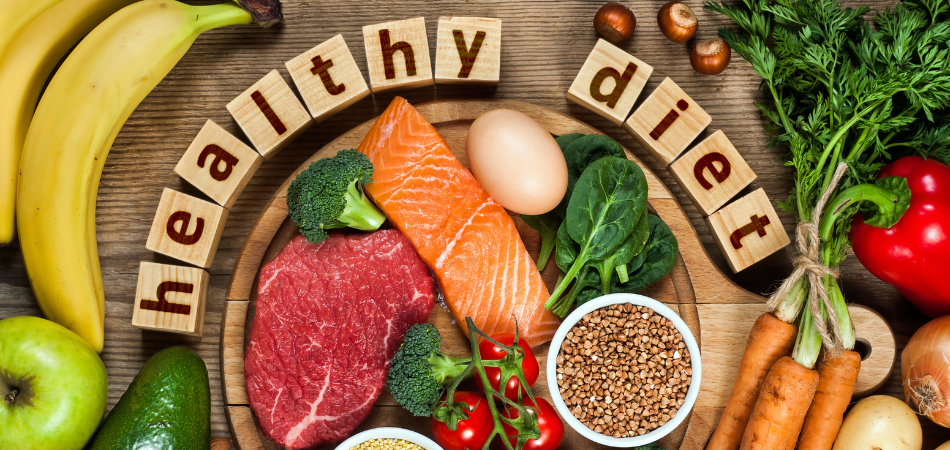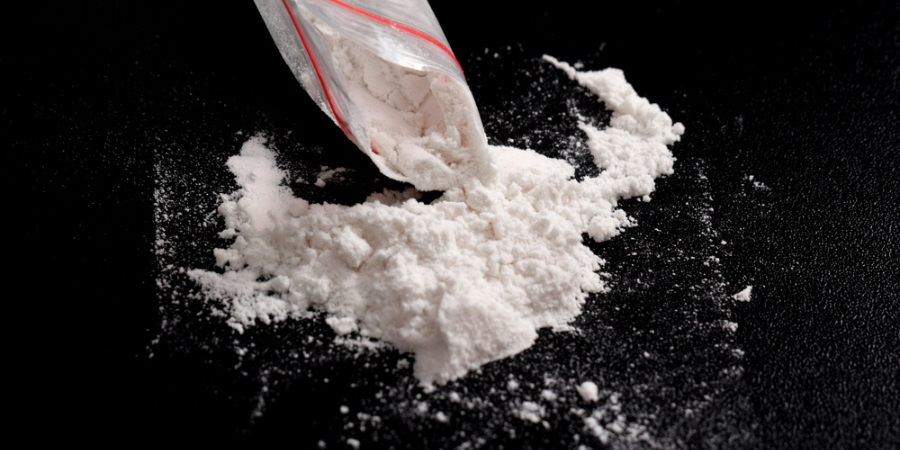
Written by:

Medically Reviewed by:
Last Updated:
June 4th, 2025
Cocaine and alcohol abuse can both be severe problems, but when combined, they can be a seriously toxic mix. Combining cocaine and alcohol can lead to numerous health, social and addiction risks that need to be taken seriously.
If you have developed an alcohol and cocaine dependency, it is important to know that there is help available and that you should seek it before it’s too late. At Primrose Lodge, we have helped many people overcome cocaine and alcohol addiction and can provide the support and rehab treatment you need to turn your life around.
Why do people use cocaine and alcohol together?
Many people take cocaine and alcohol together because they believe alcohol will take the edge off the effects of cocaine and make them last longer. They may also believe that alcohol can reduce the severity of comedowns which are the negative effects experienced after the initial high of cocaine has worn off.
Another reason is that alcohol is so widely available in the UK and cocaine is so prevalent, with 873,000 people using cocaine in 2020 but only 21,396 seeking treatment for dependency. Cocaine is often found in pubs which means people who are addicted to alcohol and spend a lot of time in the pub are likely to be regularly exposed to cocaine.
This can then lead to cocaine abuse and addiction with both conditions fuelling and exacerbating each other.
Our former client, Carl, explains how his cocaine and alcohol addictions developed:
I first picked up a drink at 14 and then started using cocaine at 17/18. It was just with friends at the pub and living for the weekend but it began creeping into the full week. Eventually, I was using cocaine every day and alcohol was also a big problem.”
What are the effects of cocaine and alcohol?
Before we can look at the dangers of mixing cocaine and alcohol, it is first important to understand the consequences of abusing the substances on their own.
The health effects of alcohol addiction and abuse include:
- Alcohol poisoning
- Severe dehydration
- Risky behaviour due to drunkenness
- Increased risk of harm due to blackouts
- Liver disease
- Increased risk of certain cancers
- High blood pressure
- Heart problems
- Increased risk of stroke
- Depression and mental health issues
Cocaine addiction and abuse can cause:
- Increased risk of stroke and heart attack due to an irregular heartbeat
- Nasal damage caused by snorting the drug
- Anxiety, paranoia and other mental health problems
- Insomnia and restlessness
- Severe depression
In addition, both substances can lead to a number of personal and social issues such as financial difficulty, relationship problems and legal issues.
Why is mixing cocaine and alcohol so dangerous?
There are a number of reasons why mixing cocaine and alcohol is so dangerous including physical effects, chemical factors and increased substance abuse:
Physical effects of mixing cocaine and alcohol
First, it’s important to look at the type of substances cocaine and alcohol are. Cocaine is a stimulant which means it causes you to feel energised, alert and on edge whereas alcohol is a depressant which means it relaxes the body. This combination of two different substances can be incredibly dangerous as it affects both the central nervous system and your heart.
Mixing cocaine and alcohol can be particularly dangerous for pregnant women as it can lead to miscarriage, stillbirths and birth defects, low birth weight in babies and developmental issues.
Chemical effects
The next thing to consider is that when cocaine and alcohol are mixed they form a unique chemical compound called cocaethylene. This compound can stay in the body for days and is significantly more toxic than either substance on its own, which increases the risk of overdose and other risks associated with drug use. The development of cocaethylene can cause numerous problems including:
- Increased risk of stroke and heart attack: Cocaethylene can cause high blood pressure, increased heart rate and cardiac arrhythmia, all of which prevent your heart from contracting, potentially leading to strokes and heart attacks.
- Cerebral infarction: This is the death of brain tissue and blood vessels resulting in a stroke, brain damage and aneurysm.
- High levels of toxicity: Cocaethylene can be up 30% more toxic than just cocaine and also stays in your body far longer. This greatly increases your risk of overdose and death.
- Cardiomyopathy: More commonly known as heart disease
- Intracranial haemorrhage: This is bleeding between the brain tissue and the skull which can lead to various issues including paralysis of the limbs and face
Increased substance abuse
Another issue with cocaethylene is that it affects your brain’s ability to reuptake dopamine resulting in both a more intense high and increased cravings.
These increased cravings can then lead to a number of issues including:
- Drinking excessive alcohol and taking dangerous amounts of cocaine
- A higher risk of overdose
- Engaging in risky behaviour such as buying from dangerous dealers or taking cocaine laced with unknown cutting agents
- Increased aggression and hyperactivity
- Erratic and violent behaviour
- Financial issues due to the high cost of cocaine
- An increased risk of blackouts and associated issues
How is co-occurring cocaine and alcohol dependency treated?
The best way to treat simultaneous alcohol and cocaine dependencies is with a professional recovery programme like those offered at Primrose Lodge. This will include cocaine detox and alcohol detox which are the processes of ridding your body of the substances to break physical dependence.
Both detox processes can be potentially dangerous due to severe alcohol and cocaine withdrawals which is why Primrose Lodge offers inpatient detox where you will be monitored by our medical staff 24/7.
Alongside detox, you will also undergo cocaine rehab and alcohol rehab to address the psychological aspects of your dependencies. At Primrose Lodge, rehab treatment involves participating in a range of evidence-based therapies which will help you to understand the underlying causes of your dependencies and develop the skills and strategies needed to manage and overcome them. These therapies include:
- Cognitive behavioural therapy (CBT)
- Dialectical behaviour therapy (DBT)
- 12-step therapy
- Group therapy
- Individual counselling
- Holistic therapy
Tips for avoiding cocaine and alcohol relapse
After completing your cocaine and alcohol recovery programme, it is important to have a relapse prevention plan in place. This will help you to stay on track and prevent any slip-ups in the future. Here are a few tips to help you avoid relapse:
-
- Keep connected with your support system: Attend aftercare meetings, join AA, NA and CA support groups or connect with family and friends who can provide emotional support.
- Take up new hobbies: Cocaine and alcohol dependencies can take up a lot of your time and energy so it is important to find activities that you can do instead.
- Avoid high-risk situations: It is easy to relapse if you put yourself in tempting situations such as being around people who are using cocaine or drinking alcohol so avoid the pub, parties and old cocaine and drinking buddies.
- Eat a healthy diet: Eating healthily can help to keep your mental and physical well-being in check, reduce cocaine and alcohol cravings and provide you with the energy needed to stay sober.
Take it one day at a time: Cocaine and alcohol recovery is a long journey that doesn’t happen overnight so focus on taking each day as it comes.
How to get help
If you are struggling with cocaine and alcohol dependency, contact Primrose Lodge today. We have helped many people overcome cocaine and alcohol abuse disorders and our admissions team can advise you on how to get started on the road to recovery.
Frequently asked questions
- Confusion
- Difficulty breathing
- Chest pains
- Rapid heart rate
- Seizures
If you experience any of these symptoms seek medical attention immediately.





